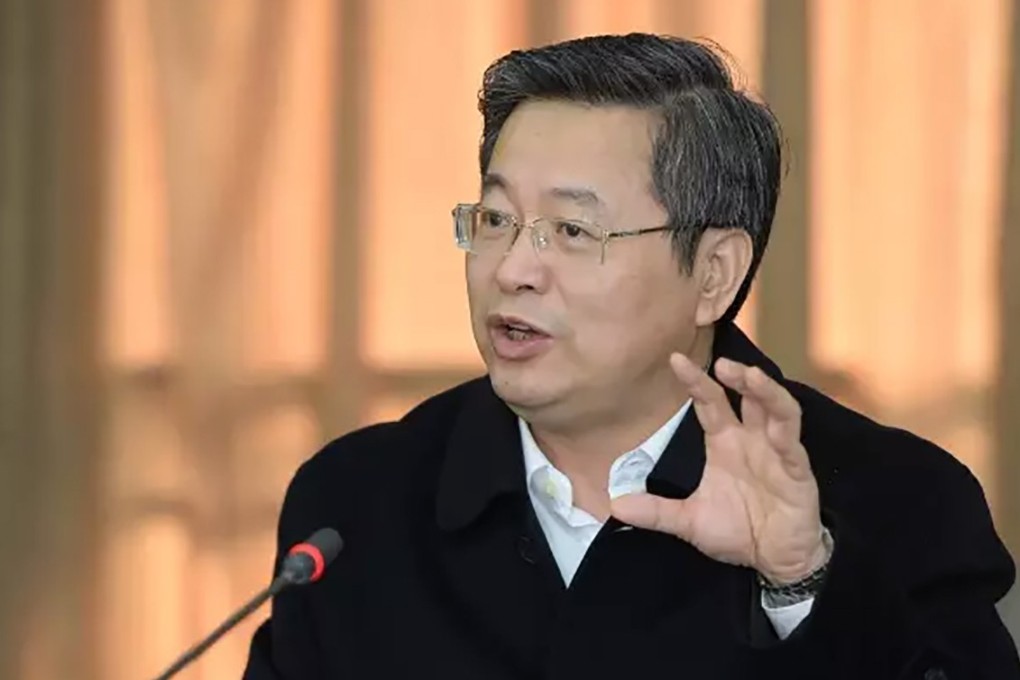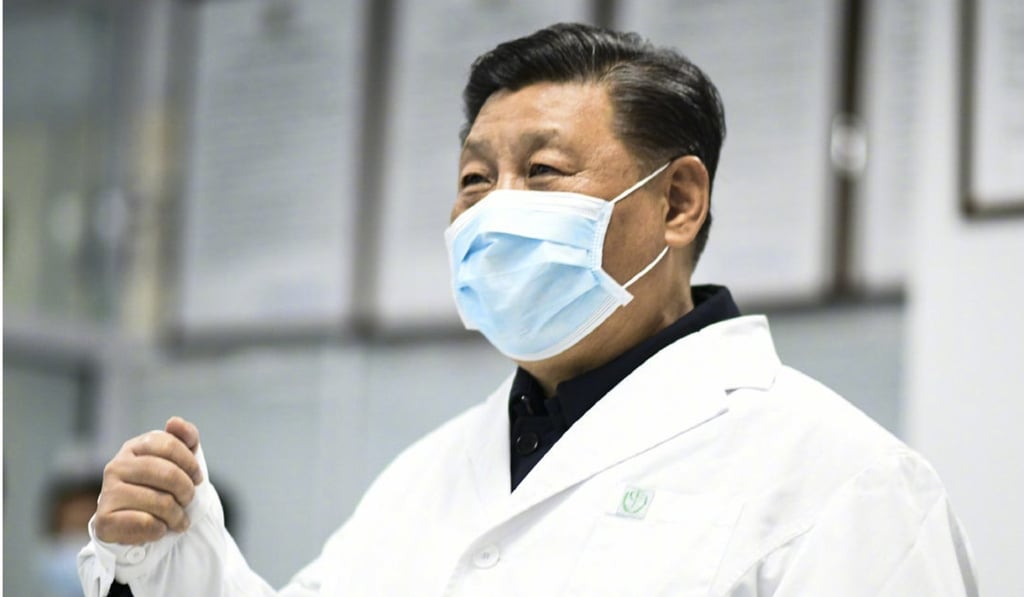Advertisement
Beijing pins hopes on ‘guy with the emperor’s sword’ to restore order in coronavirus-hit Hubei
- Chen Yixin, a protégé of President Xi Jinping, arrived in Wuhan on Saturday to help tackle the outbreak
- He is expected to introduce measures to maintain social stability, including heavy controls on media and people expressing views online
Reading Time:4 minutes
Why you can trust SCMP

Jane Caiin Beijing
Chinese folk tales often feature honest officials, with a sword from the emperor, enforcing law and justice during times of crisis. As the coronavirus crisis unfolds in central Hubei province, Beijing is pinning its hopes on Chen Yixin, a protégé of President Xi Jinping, to take that role.
Chen, a 60-year-old Zhejiang native, has been appointed deputy head of the national team overseeing the handling of the outbreak in Hubei, headed by Vice-Premier Sun Chunlan, 70.
Known for being decisive and energetic, Chen is secretary general of the Central Political and Legal Affairs Commission, the Communist Party’s top law enforcement body. The move to parachute him into the epicentre of the outbreak – he is widely seen as Xi’s envoy to take charge of the crisis – is expected to strengthen frontline discipline and social stability in Hubei.
Advertisement
The outbreak, which is believed to have started at a live animal and seafood market in the provincial capital Wuhan in December, has killed more than 1,000 people and infected over 40,000 so far.
Most of those deaths have been in Hubei, where there were more than 33,000 confirmed patients.
Advertisement

Advertisement
Select Voice
Choose your listening speed
Get through articles 2x faster
1.25x
250 WPM
Slow
Average
Fast
1.25x